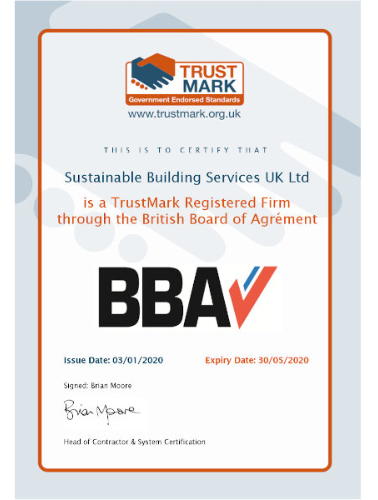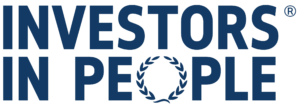In January 2020, the British Board of Agrément’s audit and inspection team certified that SBS had been awarded the status of a TrustMark Registered Firm.
The TrustMark is a government-endorsed standard that is designed to protect consumers by covering the work they commission in or around their homes.
The TrustMark website notes that “When a consumer uses a TrustMark Registered Business, they know they are engaging an organisation that has been thoroughly vetted to meet required standards, and has made a considerable commitment to good customer service, technical competence and trading practices. By ensuring all Registered Business adhere to and maintain these standards through our expert network of scheme providers, TrustMark gives consumers increased confidence and choice.”
TrustMark was established in 2005, and its scope expanded in recent years, in response to the government-commissioned Each Home Counts (EHC) review, in which SBS featured as an example of industry best practice. Its remit now includes all repair, maintenance and improvement measures, including energy efficiency, “providing a level playing field of quality”.
TrustMark and the PAS Standards
TrustMark has important implications for installers of energy efficiency measures such as external wall insulation. It is closely tied to the introduction of new industry standards, including PAS 2030:2019 and PAS 2035:2019, which are designed to provide added consumer protection. From 30th June 2021, all installations must be carried out in accordance with these standards.
At the end of October, the National Insulation Association circulated an e-briefing to its members, commenting on the progress of TrustMark and its likely implications. In it, the NIA pointed to a number of key developments, which included, amongst others, the requirement that “all measures installed from 1st January 2020 must be installed by a Trustmark-registered business.”
TrustMark itself notes that PAS 2035:2019 came in to effect on 30th June 2019, describing it as “the new overarching document in the retrofit standards framework… which specifies the requirement for a holistic approach to the retrofitting of dwellings.” It defines the qualifications and responsibilities of individual roles, and lists activities that should be completed before physical installation work begins.
PAS 2030:2019 came in to effect on the same day as PAS 2035 and will ultimately replace PAS 2030:2017. It is linked to PAS 2035 with its increased focus on the requirements of the installer.
TrustMark notes that “The established certification requirement and process will continue as with PAS 2030:2017.”
When the transition to the new standards is complete in June 2021, PAS 2030:2017 will be withdrawn. The details of the transition were agreed by the British Standards Institution (BSI), the Department for Business Energy and Industrial Strategy (BEIS) and the United Kingdom Accreditation Service (UKAS).
TrustMark and ECO3
All these changes are inextricably linked with the Energy Company Obligation (ECO3), which provides a funding source that SBS has used extensively to help social housing providers to improve people’s homes and reduce the effects of fuel poverty.
In October 2019, the Department for Business, Energy and Industrial Strategy published its response to the ECO3: Improving Consumer Protection Consultation. Significant points in this document included:
- Government has decided to incorporate TrustMark and the new and updated PAS standards into ECO3.
- The TrustMark framework will require guarantees to be put in place for all ECO-funded measures, with a minimum length of two years. This will include items that did not previously require guarantees, such as loft insulation.
- All measures completed by PAS 2019-certified installers during the transition period will attract a 20% uplift (ECO3).
Commenting on SBS’s new status as a TrustMark-Registered Firm, company chair Derek Horrocks said: “We’re obviously pleased to have achieved this because the TrustMark is going to be an increasingly important force in our industry, particularly with respect to ECO-funded work.
“This all goes back to the Each Home Counts report, which highlighted the need for better consumer protection, improved accountability and a greater focus on industry accreditations and guarantees. These are important objectives and we certainly support them. We made an important contribution to that original EHC report and we fully intend to keep raising standards within the industry in 2020 and beyond.”




